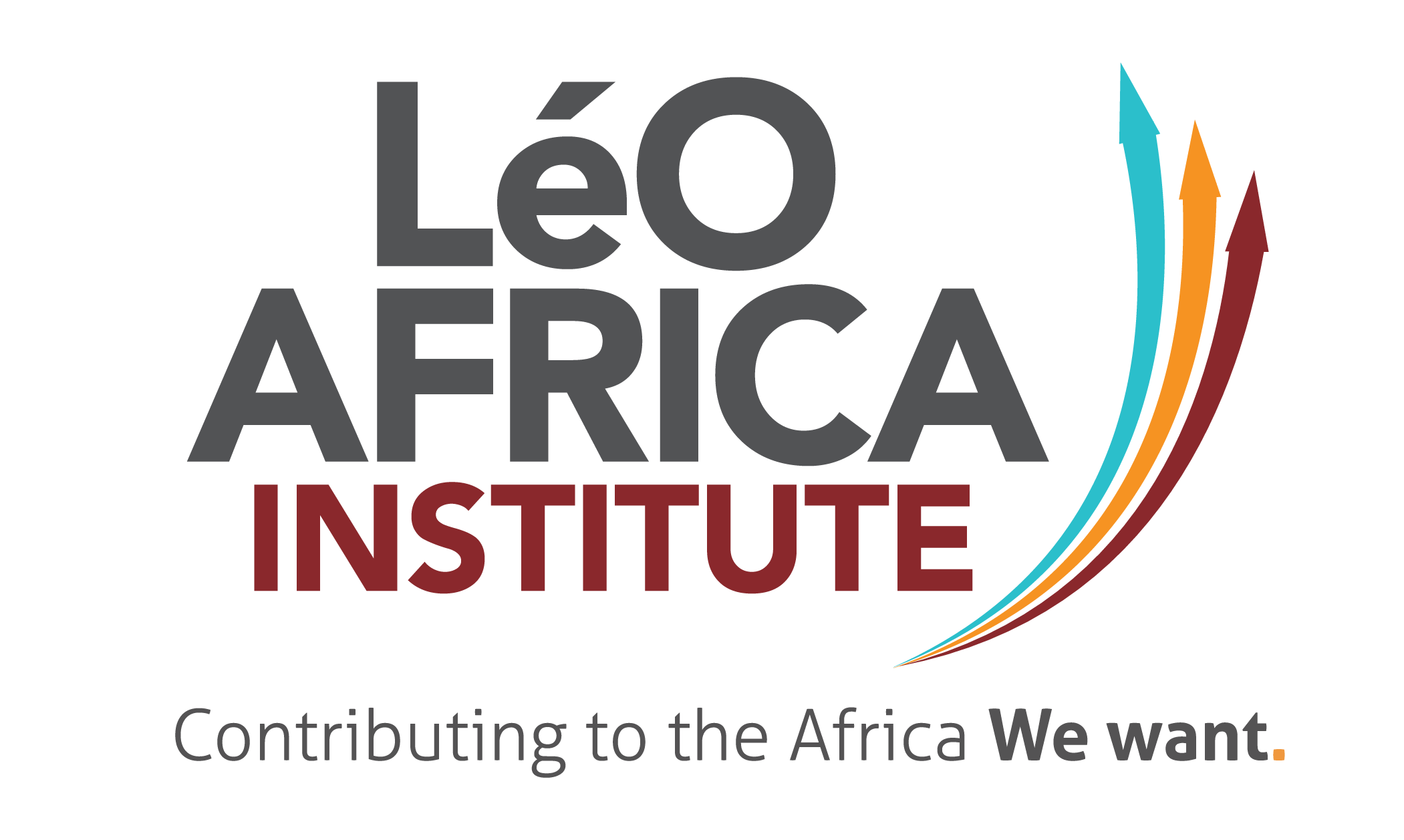- December 21, 2022
- Posted by: Dr. Martin Balaba
- Category: Updates
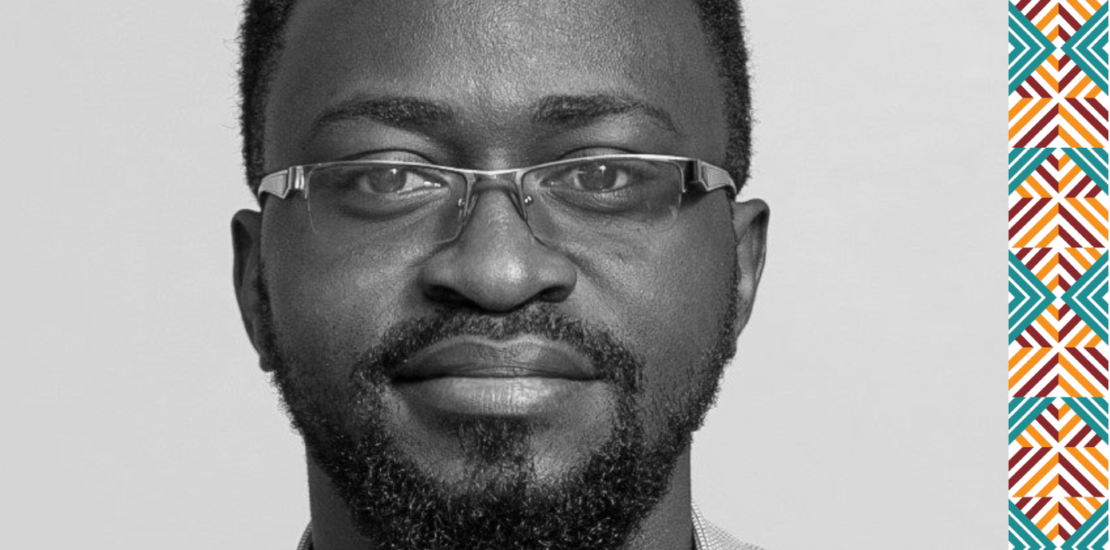
I am immensely honoured and humbled to present this keynote speech at the 2022 Annual Leaders Gathering where the LéO Africa Institute is making 10 years of building the Africa we want.
LéO Africa Institute’s 10 -year milestone causes all of us to reflect on what has been the past 10 years of the Institute’s work, the fellows who are now part of the LéO Africa Network, members of the faculty who have joined the Institute and hold an interest in working directly with young and emerging leaders to guide them into living impactful lives.
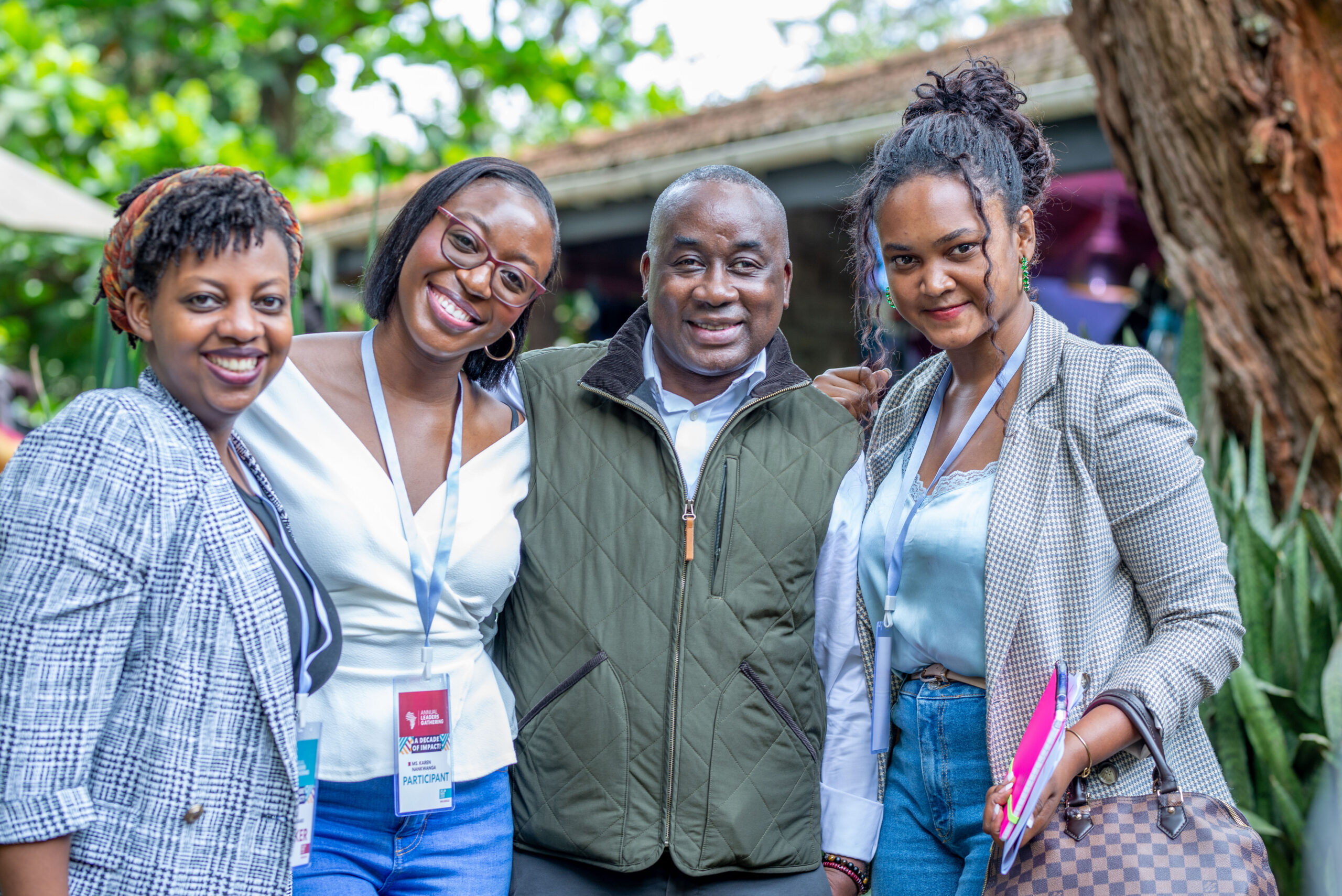
As we gather here today, a shared sentiment is that the Institute has ensured these young people from different African countries are not alone in the leadership journey, provided a platform where thought leaders can share, learn from each other, and pick- up tools they need as leaders whose work ultimately feeds into the aspirations of the African Union’s Agenda 2063 to create “The Africa We Want.”
As the Institute and the conception of Agenda 2063 share this 10- year mark, we acknowledge the importance of building this network of thought leaders that stretches over different African countries and the work of these champions in our communities.
After turning 10, one is forced to look in hindsight and reflect on the choices made, the goals strived for that may have come to fruition, or may have changed, may have failed, or may have taken up lives of their own outside of us. I urge us as leaders to do some self-reflection of our leadership journeys since we came to associate with the Institute and use these as the building bricks for how we intend to grow the LéO Africa Institute in the next 10 years while sustaining what has been achieved by the Institute.
Undoubtedly, LéO Africa Institute’s work over the past decade has been to build a network of leaders doing diverse work such as civil servants, entrepreneurs, professionals, academics, and champions in important spaces such as mental health, sexual and reproductive rights for young people, and climate change- which ultimately are looking towards achieving the aspirations of Agenda 2063.
LéO Africa Institute has done the significant work of creating a distinguished and much needed network for these leaders and the Annual Leaders Gathering today is a reflection of this noble work. As leaders, we need self-reflection on whether, our work, choices, strategies, and even aspirations are looking towards building the Africa we want which is, in turn, a building stone for the work that the LéO Africa Institute has done and continues to do.
More importantly, how the achievements built over the past decade can be sustained as we grow as leaders and continue to do our respective important work while growing the Institute because, in the end, our work is reflective of the ideals shared by the Institute.
The institute has built strong networks through an in-depth understanding of the architecture of our African societies, why they function in certain ways and then guided young leaders on how to navigate our society as champions of the work they do.
Today, I reflect on my journey with the Institute, as part of the inaugural YELP class of 2017. Never in my life had I met a group of young people, with strongly palpable transformative works and a desire to see a better Africa.
I was humbled by how individuals with diverse backgrounds, strongly presented their ideas and beliefs and respected each other’s opinions. Years later, they continue to hold onto their thread and stay in the Arena (Some have even ushered in new Management: Ask Raymond Mujuni what this means)
I urge you to reflect on when you started out as a fellow, the leadership journey that you embarked on and that which you continue to journey through, what you learned from the LéO Africa Institute, and the network that you have built that continues to share in these ideals.
This 10- year mark is momentous for us as part of the LéO Africa Network. We should look back and then look forward to drawing the blueprint for the Institute’s work for the next 10 years and how we can sustain what has been achieved in the past decade.
For us as leaders, the Institute has allowed us to share a space where we can be vulnerable and still safe to share our leadership journeys. As many of us have come to know by now, leadership can be lonely. It is the members of the Institute, the Network, your co-fellows, and this leadership community that the LéO Africa Institute has carefully and intentionally grown that will keep you grounded. It goes without saying, that the Institute has achieved what it set out to do.
Undoubtedly the next ten years are going to be a reflection of the leaders that have been nurtured through LéO Africa Institute in this decade, such as ourselves here today.
This is a journey of continuous learning and reflection as we build character and legitimacy. Living out our purpose means grounding ourselves in the foundational values that we have individually come to adopt for ourselves and value-based leadership that we have learned a lot about from the Institute.
The next ten years in the future of young leaders in Africa today are going to be influenced by the realities we are facing now and those we have faced in the past decade. We have seen intentional activism in crucial spaces such as African feminism, mental health, young people’s reproductive rights, and a realisation of neo-colonialism and democracy in Africa.
This will be reflected in stronger societies and not just strong institutions in these spheres and the emergence of a breed of young Africans who easily recognise these societal problems and immediately align themselves with these fights.
For the leaders in this Gathering today and those that are a part of the LéO Africa Network, the reality of leadership in African communities is that it does not work in a vacuum. It is lived and applied daily in the spaces where we work and champion these ideals. Our communities will tell whether we have lived out the values and ideas shared and learned from the institute.
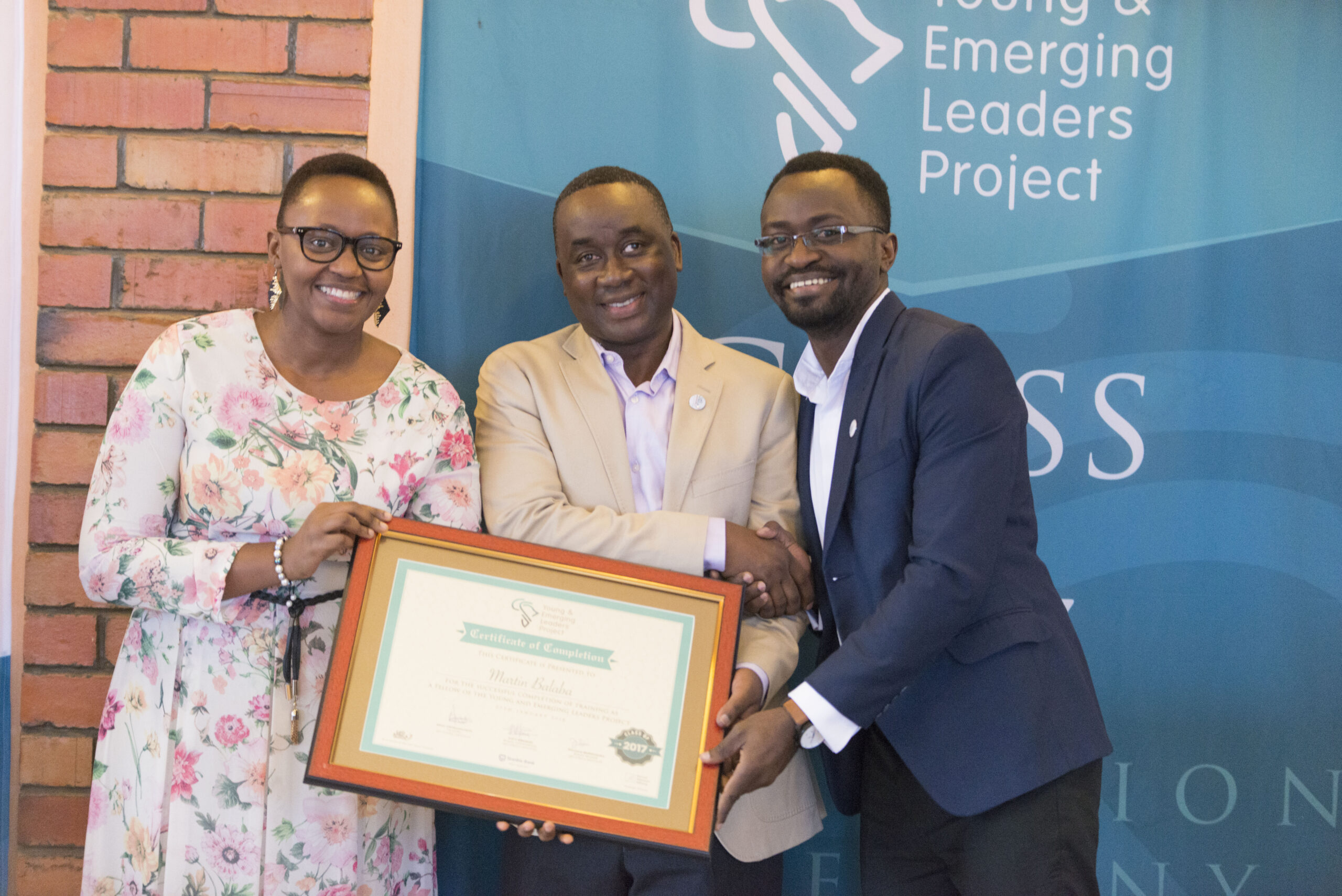
Interestingly in the next decade, our leadership, leadership styles, and legacies will also be influenced by the realities of the world and outside forces that have changed what we earlier thought to be the conventional leadership styles and means of execution of work. The world is changing ever more rapidly than it was before and this means adopting and adapting to change.
This can be seen for example in the face of pandemics, geopolitics, contemporary neo-colonialism, and evolving dictatorships that may not be readily recognised as such. This brings us to the reality of how much more work we have to do to meet the aspirations of the Africa we want which is an ideal shared in the LéO Africa Network.
Resilience in these changing times is what will allow us to retain the values we hold in leadership. At the end of it all, it remains the simple things. Listening, keeping a finger on society’s pulse so that can recognise our place in society and what we are called to do, and understanding how our leadership decisions constrain or release the next generation of Africans.
The next ten years may also painstakingly hold the reality of society reflecting failures for the causes where we have not paid enough attention or that have suffered from the flaws in our leadership.
This may be seen in struggles such as drug abuse that has previously been associated with urban communities moving deeper into rural communities, massive income inequalities, and cultural identity that may be a symptom of too little investment in the arts.
Still, when these realities occur as some may already have, as leaders the values we hold will be the cornerstones for addressing these societal problems and enabling us to face these fights.
These realities of humanity and Africaness that are here and some yet to come will call for leaders who are grounded in the right ideals and remembering to sustain the accomplishments we have made so far while allowing the values will hold to be the guide in the work we do to face these challenges.
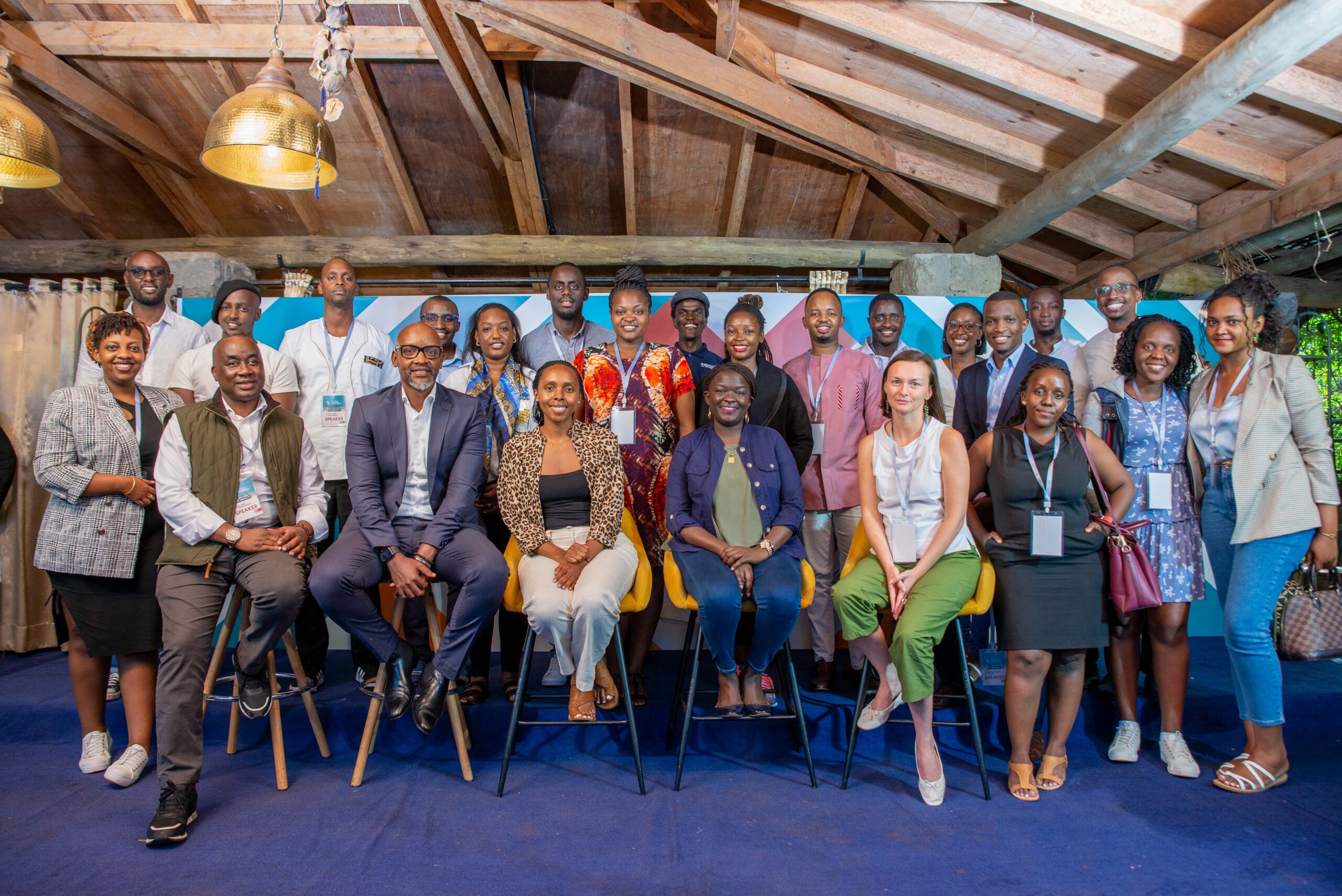
However, there are also massive opportunities in these challenges. Technology for example will be a key tool in transforming our society and the way we lead. It is a vital instrument in all aspects of our community and has already proven an indispensable tool in bringing us together as leaders to share our struggles and triumphs.
It will indeed play a foremost role in the work of the Institute as the network deepens and we navigate new leadership styles and ways of doing the necessary work that is building Africa and redefining what leadership means for our generation.
Taking from the lyrics of Bandana- a popular hit by Fireboy DML, “my legacy will not die”. For 10 years the Institute has written this story in the work it does and continues to do and will live through the commendable and deserving leaders who have been nurtured.
For the leaders here today, refuse to die an unlived life- strive for the highest expression of the ideals you stand for and be driven by your own earnest will. The work that is to be done in the next decade may seem an uphill battle and, on some days, lonesome, but going back to the simple things and the simple ideals is what will let us see through the next decade.
A day such as this is a key milestone for us to reflect on the great work of the Institute, looking back on how far it has come in nurturing young leaders through the LéO Africa Network of YELP and Huduma fellows.
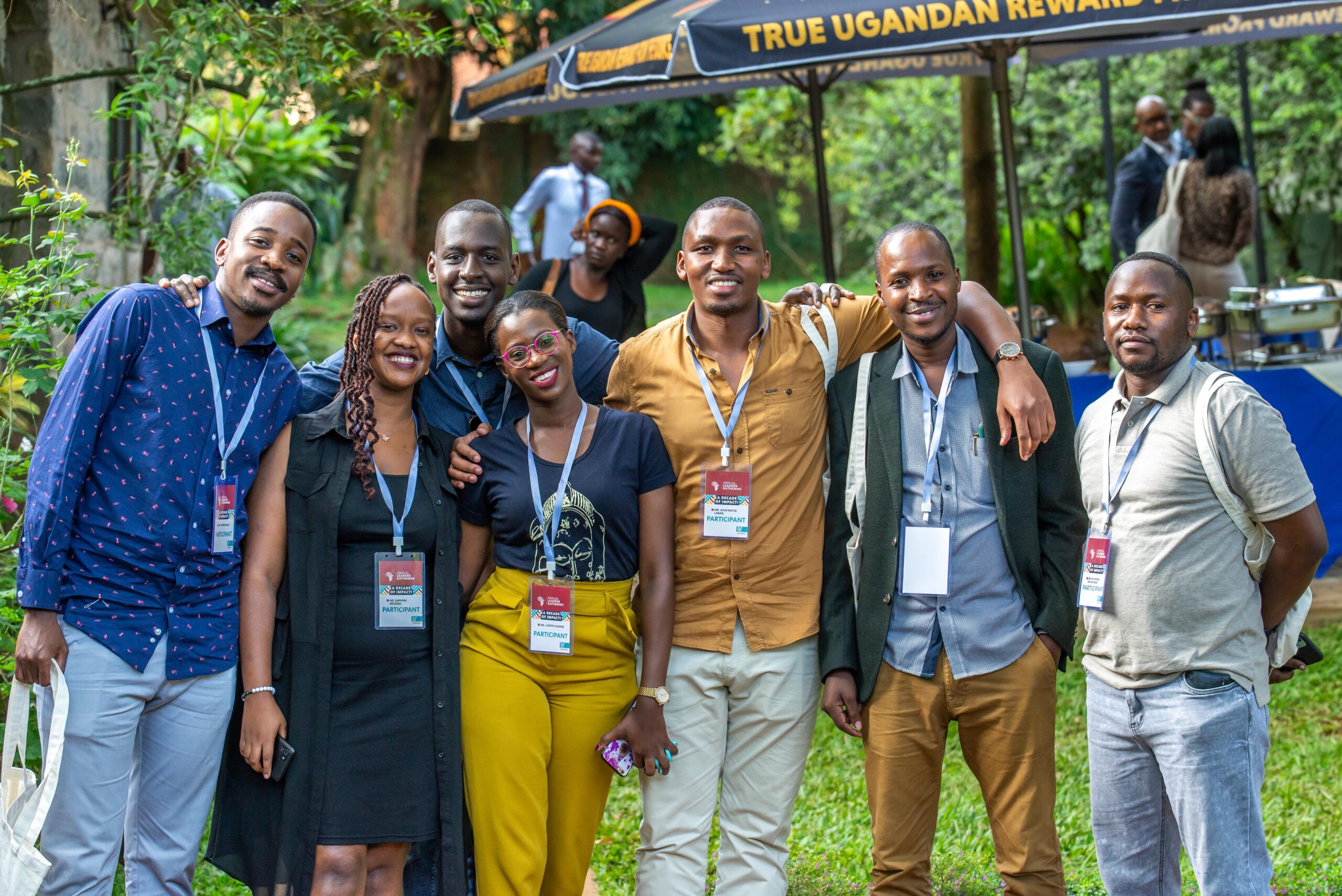
The bar has indeed been raised and we all have the task to live up to the ideals shared by the Institute and curve out the next ten years. I am confident that the same principles and convictions we hold will keep us grounded as we navigate the realities of Africa’s next decade while we sustain the growths and achievements, we have gathered in the past 10 years.
I would like to end by congratulating the Institute on this 10-year milestone and we are all looking forward to working with you to build the Africa we want.
Dr. Martin Balaba is a Medical Doctor, Entrepreneur, and YELP Fellow Class of 2017
